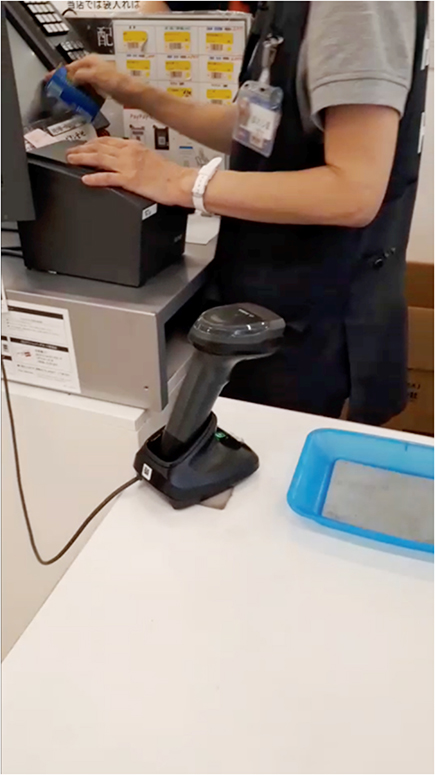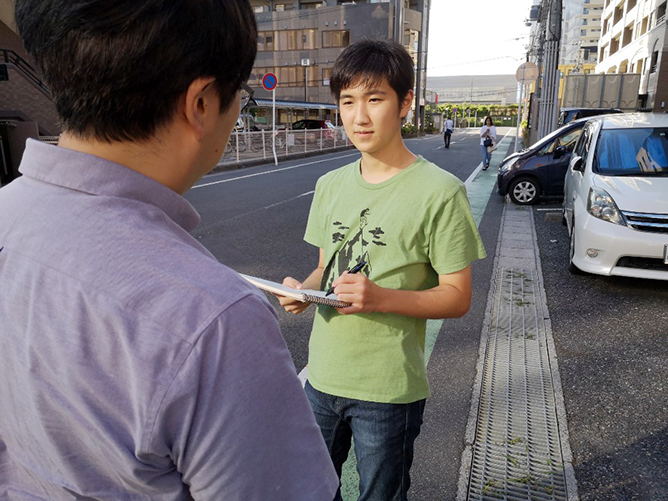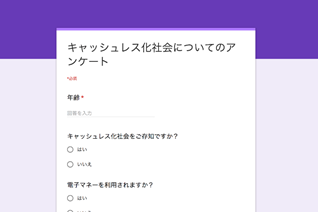
In 2020, Japan will host the Summer Olympics in Tokyo. People from all over the world will gather in Tokyo to attend this global event. In preparation, the Japanese government is planning to implement what is known as a cashless system throughout the country in order to make payments easier and more convenient for tourists. Cashless society is one in which electronic banking-–credit card, electronic currency, and QR code payment-–is more ubiquitous than is cash. In fact, many countries around the world, including Japan’s close neighbors Korea and China, have already started using cashless systems on a national scale.
Despite the conveniences offered by a cashless system, however, there are serious downsides to replacing paper currency with electronic payment devices. Nikkei Newspaper reported in July this year that Seven-Eleven’s mobile pay service was hacked just days after its launch. Upon investigation, authorities discovered that the largest convenience store chain in Japan had a very weak payment security system that was prone to systemic hackings and manipulation. This incident greatly undermined the efforts of the Japanese government to promote its cashless system.
It also became clear to the Japanese public that the Japanese government was rushing to implement a system that the Japanese society was not yet quite ready to embrace. The Japan Times pointed out in an article in March that despite being a global IT (information technology) powerhouse, Japan is still very much a cash-reliant society. Digital payments account for only 20 percent of all transactions, a rate that is much lower than the 60 percent seen in China and 89 percent seen in South Korea.

In order to find out what ordinary Japanese citizens think of the Japanese government’s efforts to transform the Japanese society into a cashless society, I have conducted a survey by talking to 100 randomly chosen citizens. The survey categorized the respondents by generations–-Millennials, Generation X, and Baby Boomers-–and asked each respondent to answer the following questions.
1. Do you know what cashless society is?
2. Do you use cash or e-payment?
3. What is your opinion on promoting a cashless society in Japan?

[Survey asking the Japanese public for their knowledge and opinions on creating a “cashless society” in Japan. Photo taken in September. Photo taken by Jaewoo Lee.]
For the first question, the survey showed that 85% of the respondents were aware of the concept of a cashless society. Of those 85%, all 34 Millennials (100%) responded yes, 28 out of 33 (87%) Generation X responded yes, and 23 out 33 (71%) Baby Boomers said yes.
For the second question, 32% of respondents said that they use cash: 35% for Millennials, 15% for Generation X, and 45% for Baby Boomers. 68% responded that they use e-payment: 65% for Millennials, 85% for Generation X, and 55% for Baby Boomers.
For the third question, 12% of respondents thought “infrastructure is not good”, 22% thought “Japan is not ready for cashless society”, 3% thought “they don’t care”, 20% thought “cash is more convenient”, 6% thought “installing e-payment is complicated or tedious”, and 37% thought “cashless society is not safe”.
By looking at the survey data, I noticed that the number of people who knew about the concept of cashless society does not match the number of people who were using the e-payment. Specifically, the number of people who were using the e-payment is lower than the number of people who knew about the concept of cashless society. This indicates the fact that the Japanese government was more successful in spreading awareness about cashless than in actually getting people to use cashless payments. In fact, responses to the third question showed that 97% of the respondents hada negative opinion toward e-payment or cashless society. The majority of the respondents cited the recent Seven-Eleven hacking incident as one of the main sources of concern. It seems that the Seven-Eleven scandal has triggered skepticism in the public’s minds toward cashless society, and this has made it extremely difficult for the Japanese government to continue promoting cashless payments as a safe alternative. In order to achieve its goal of promoting cashless system before the 2020 Tokyo Olympics, the Japanese government must do more to remove the public’s apprehension toward digital payments and come up with a compelling reason as to why cash-dependent consumers should adopt a new payment system.

Jaewoo Lee
Senior (Grade 12)
Ritsumeik an Uji Junior and Senior High School

